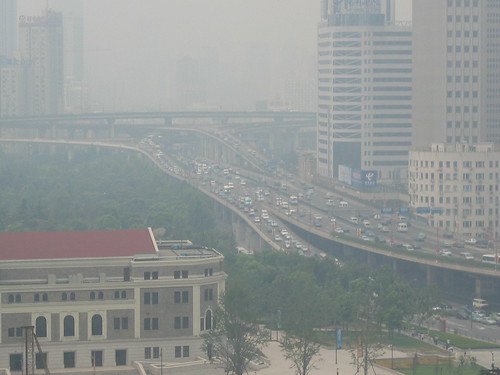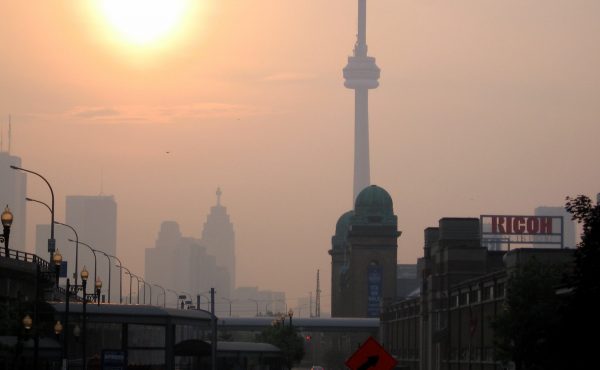
What do carbon markets have to do with explosive population growth in Milton? Maybe a lot.
Yesterday, CIBC’s top economist Jeff Rubin came out with a report on the likely regional impacts of carbon markets (Ontario is a winner), following up on his January pronouncement that the “carbon wars†are upon us. And last week, TD’s Don Drummond put out a primer on carbon taxes vs. cap-and-trade systems vs. government regulation.
The details are terribly exciting only for economists and enviro-policy wonks. But these reports are another sign of a sea-change in the debate on climate change and eco-politics more broadly (subject to the caveat in the final paragraph). Whereas much of the advocacy coming out of big business on ‘voluntary’ programs and market-driven environmentalism in the 1990s was driven by a (largely successful) effort to forestall effective action and blunt the edge of the last wave of environmental concern, we now have some of the big economic players arguing that the sooner we wrap our heads around what a carbon-constrained economy looks like, the better.
Which is a welcome intellectual and political development, but when you stack it up against the data released by Statistics Canada on how the suburbs are sprawling like there’s (literally) no tomorrow, then you come to some interesting absences on the question of urban development.
Don’t get me wrong – carbon taxes and carbon markets can do some things very well. But they aren’t terribly effective in dealing with the greenhouse gases from transportation emissions that are influenced by urban form, i.e. how where we live, work, shop and play (and whether or not there is good public transit) affects how far we drive more than the price of gas.
In contrast, the provincial NDP was quick off the mark with a press release calling for changes in the rules governing development charges and land tranfer taxes. These would, they argue, help the 905 region accommodate growth and reduce its ecological footprint by allowing municipalities to reflect the full cost of providing infrastructure to new sub divisions (personally, I might be a bit more forceful on whether we should simply allow them to do this, or require it).
Still, it’s not a bad idea (and one that they can’t resist pointing out is borrowed from the Liberal’s last election platform). Because while carbon taxes have admirable breadth in that they affect many parts of the economy and all kinds of point-of-purchase decisions by changing prices, this kind of an ‘economic instrument for environmental protection’ would re-shape the urban infrastructure which structures so many of our decisions (for example, you can’t take the bus if there is no bus, and you’re unlikely to walk to the store if it’s ridiculously far away and barricaded behind acres of parking lot).
I can’t, however, stop thinking about how the big banks are the ones who are making mega-profits by financing sprawl, and what they could do about it if they chose to take their own advice on learning to live in a carbon-constrained world. Because carbon taxes may bring the eco-message home for consumers, and a cap-and-trade system will affect the bottom lines of big polluters, we’re going to need the banks to stop paying for the pavement if we’re going to save paradise.
photo by DJ Dan on Flickr



